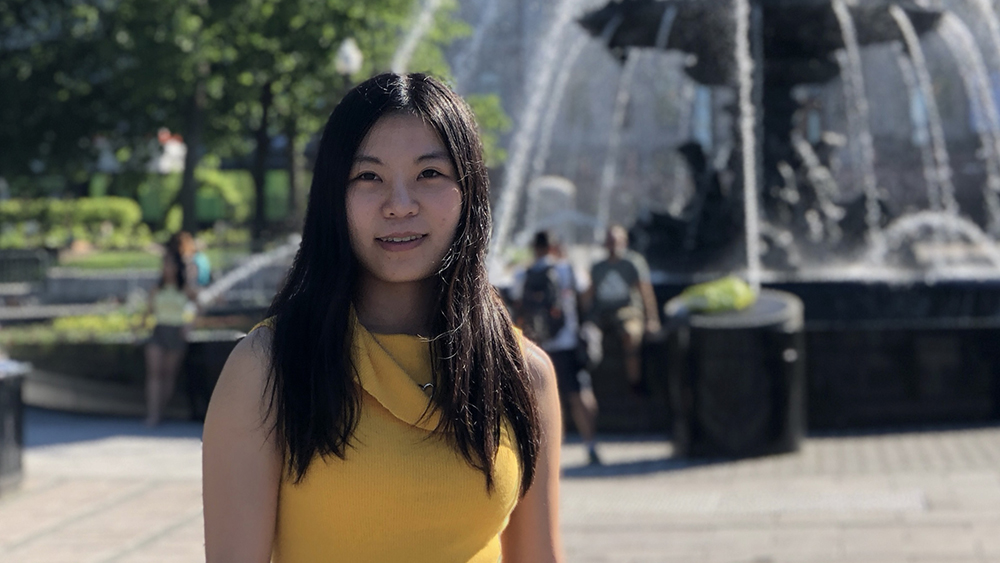
How algorithms impact society
Alicia is a recent grad of the Social and Engineering Systems program at IDSS. Previously, she obtained B.S. in Computer Science from Washington University in St. Louis.
Her research interests are designing machine learning algorithms that are reliable and aligned with societal values. She has worked on the long-term consequences of algorithmic decisions to ensure machine learning models are fair to different population groups.
What is the focus of your research? What sort of knowledge and disciplines does it bring together? How will it make an impact?
My research has focused on the long-term consequences of algorithmic decisions and machine learning algorithms on society.
As machine learning has been increasingly used in high-stakes decision-making processes such as healthcare and policing, it is crucial to design machine learning models that are unbiased and do not cause harm. While many solutions have been proposed for auditing the fairness of machine learning models, biases that arise after the decision making stage have not been thoroughly studied. Unlike traditional machine learning algorithms that work on passive data points such as images or texts, the interactions between humans and algorithms create exciting new challenges. It is an exciting new research field that often requires interdisciplinary knowledge from machine learning, causal inference, and economics.
What did you do before IDSS and why did you choose SES?
Before coming to IDSS, I obtained a B.S. in Computer Science from Washington University in St. Louis. I have always been fascinated in research at the intersection of computer science and societal problems, and how we can use computational tools for social good. The SES program has equipped me with a unique and solid interdisciplinary background in computer science, statistics, and economics.
What are your favorite things about the IDSS and MIT communities? What do you do for fun?
The IDSS and MIT communities in general offer incredible collaborative and learning opportunities. One of my favorite things in grad school is going to different seminars and talks and talking to people. Even for talks that are not related to my research area, I always learn something interesting and inspiring.
In my free time, I enjoy classical music, tennis, and traveling. I also like skiing, a hobby that I have picked up since moving to Boston in order to survive New England’s winter!



